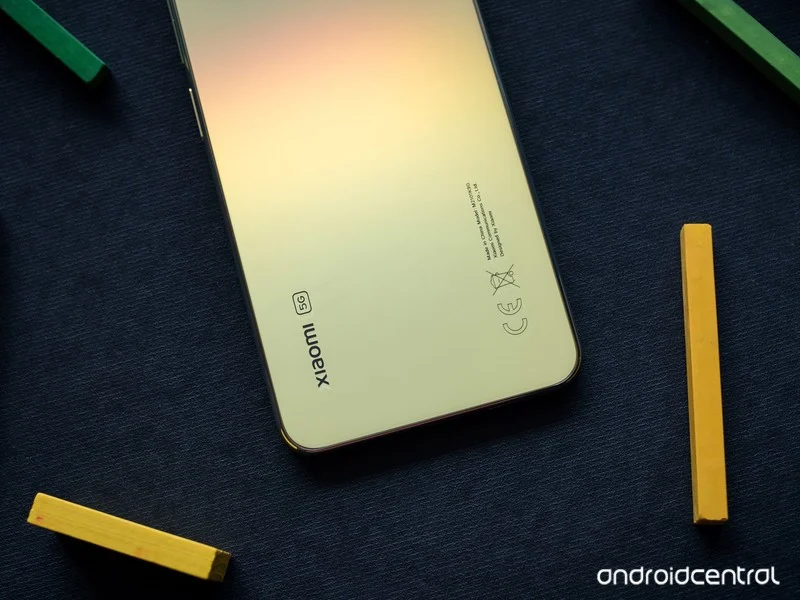Here’s why Xiaomi is getting rid of Mi branding for its upcoming products

Here’s why Xiaomi is getting rid of Mi branding for its upcoming products
Written by HARISH JONNALAGADDA
For the last seven years, Xiaomi has released products in two distinct product lines: Mi and Redmi. The Mi-branded phones were reserved for the mid-tier and high-end categories, while Redmi devices accounted for the budget segment. This strategy is changing going forward, as Xiaomi has confirmed that it is getting rid of the Mi branding, instead of launching devices under the Xiaomi label.
The branding change has already gone into effect; the Xiaomi Mix 4 launched last month without any mention of Mi in the naming convention, unlike its predecessors. With the flagship 11T series slated to launch in the coming weeks, it is likely the devices will be called the Xiaomi 11T and 11T Pro.
A Xiaomi spokesperson confirmed the move in a statement to Android Central, noting that the change will “unify” Xiaomi’s global presence:
Starting in 2021 Q3, Xiaomi’s product series “Mi” will be renamed to “Xiaomi”. This change will unify our global brand presence and close the perception gap between the brand and its products. This change may take some time to take effect in all regions.
At the outset, the move makes a lot of sense. Even though the Mi and Redmi product lines had a clear delineation in terms of positioning, Xiaomi wasn’t able to break the perception of being a budget-focused brand with the Mi series. With the manufacturer increasingly focusing on true flagships with the likes of the Mi 11 Ultra and challenging the best Android phones in global markets, a branding change allows Xiaomi to better position its high-end products.
 Source: Xiaomi
Source: Xiaomi
The updated logos suggest how this differentiation will play out. The Redmi brand will continue to be aimed at a younger audience and is focused on the budget segment, with the Xiaomi series set to offer products that form the “pinnacle” of technology:
With the introduction of the new brand identity, two distinct product series will sit beneath the parent brand. Xiaomi products represent the pinnacle of technology and offer a premium experience. Redmi products bring big innovation at a more accessible price point and are aimed at a younger audience.
What’s particularly interesting is that this move will carry over to Xiaomi’s ever-increasing ecosystem portfolio as well. Xiaomi sells over 2,000 products in China, with some branded under its own label and others under the Mijia brand. With more and more of these products being sold in global markets, the brand will rely on the same Xiaomi/Redmi categorization:
This differentiation is also reflected in our updated logos, with both the Xiaomi and Redmi logotypes under the parent brand logo. The product series naming convention — Xiaomi and Redmi — will also be applied to our ecosystem and IoT products over time.
With the new naming convention, Xiaomi will be aiming to better differentiate its flagship phones, notebooks, and marquee ecosystem products from their Redmi counterparts. The Mi branding clearly failed to manage that, and it will be interesting to see if Xiaomi has better luck with the new convention.







